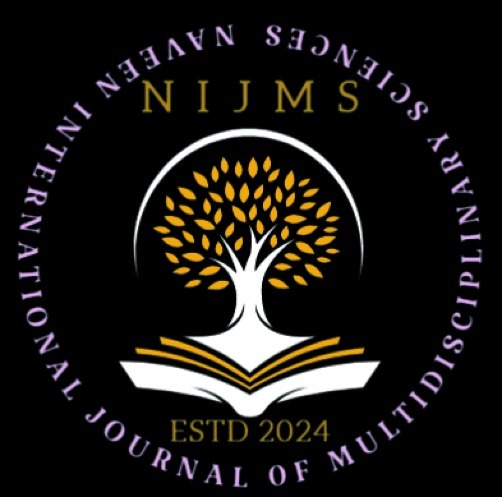Causes of Mathematics Anxiety: Cognitive–Affective Models
DOI:
https://doi.org/10.71126/nijms.v1i6.80Abstract
Mathematics anxiety is a pervasive, debilitating affect that undermines motivation, learning, and attainment across schooling and adulthood. This review synthesizes cognitive–affective accounts of its causes—self-efficacy, expectancy–value, and mindset—and maps how beliefs and appraisals precipitate anxiety and avoidance. Low mathematics self-efficacy biases threat appraisal, heightens worry, and constrains working-memory resources, triggering demotivation and withdrawal. Expectancy–value processes link low expectations of success with high perceived costs and instrumental value, producing heightened arousal and defensive disengagement when tasks are important yet daunting. Fixed-mindset beliefs further amplify evaluative threat, converting errors into evidence of limited ability, while growth-mindset orientations frame struggle as information for improvement. Across models, socio-cultural and instructional contexts (e.g., timed testing, rigid pedagogy, anxious role models) shape beliefs, thereby sustaining an anxious-academic loop. The review integrates evidence from school through higher education, noting co-occurrence with broader anxiety and the heterogeneity of risk trajectories. It also summarizes assessment approaches—MARS and abbreviated variants, AMAS, MAS-UK, and problem-solving-specific tools—highlighting psychometric support and use for screening and monitoring. Implications emphasize theory-aligned interventions: scaffolded mastery experiences and credible peer modeling to strengthen efficacy; expectancy–value re-framing that elevates utility and interest while reducing perceived cost; and mindset-consistent practices that de-stigmatize error, prioritize process feedback, and remove unnecessary time pressure. Multi-modal designs combining cognitive-behavioral strategies, hands-on inquiry, and collaborative structures show promise for interrupting avoidance cycles, improving performance, and broadening access to STEM pathways. Future work should pursue longitudinal, diverse-sample tests of mechanism, implementation fidelity, and context, to refine causal inferences and guide equitable, scalable practice. Worldwide effectively.
Keywords: mathematics anxiety; self-efficacy; expectancy–value theory; growth mindset; cognitive–affective models; assessment scales; multimodal interventions.
Downloads
Published
Issue
Section
License
Copyright (c) 2025 Naveen International Journal of Multidisciplinary Sciences (NIJMS)

This work is licensed under a Creative Commons Attribution-NonCommercial 4.0 International License.













